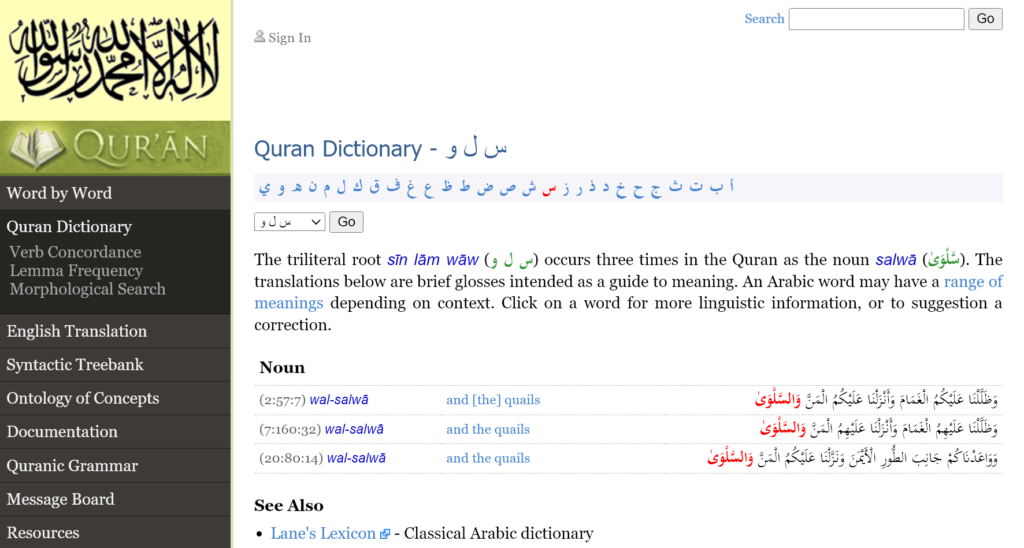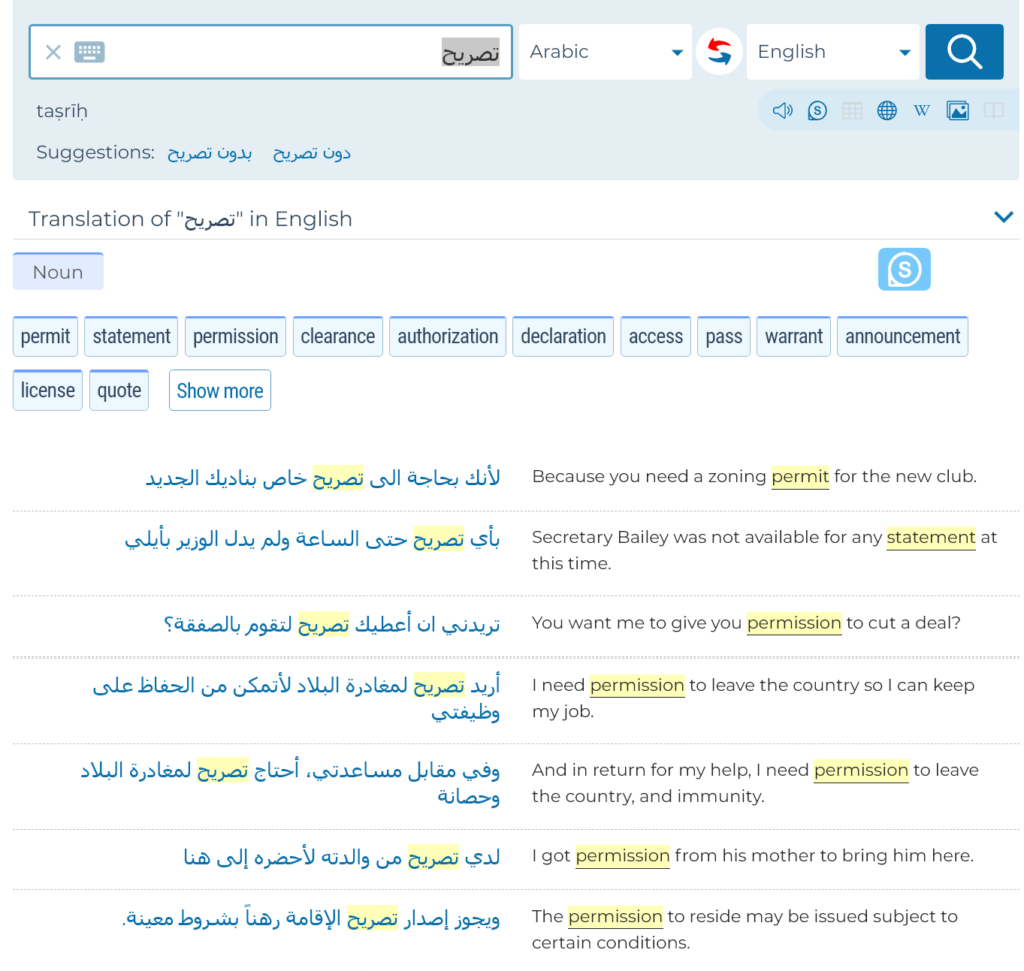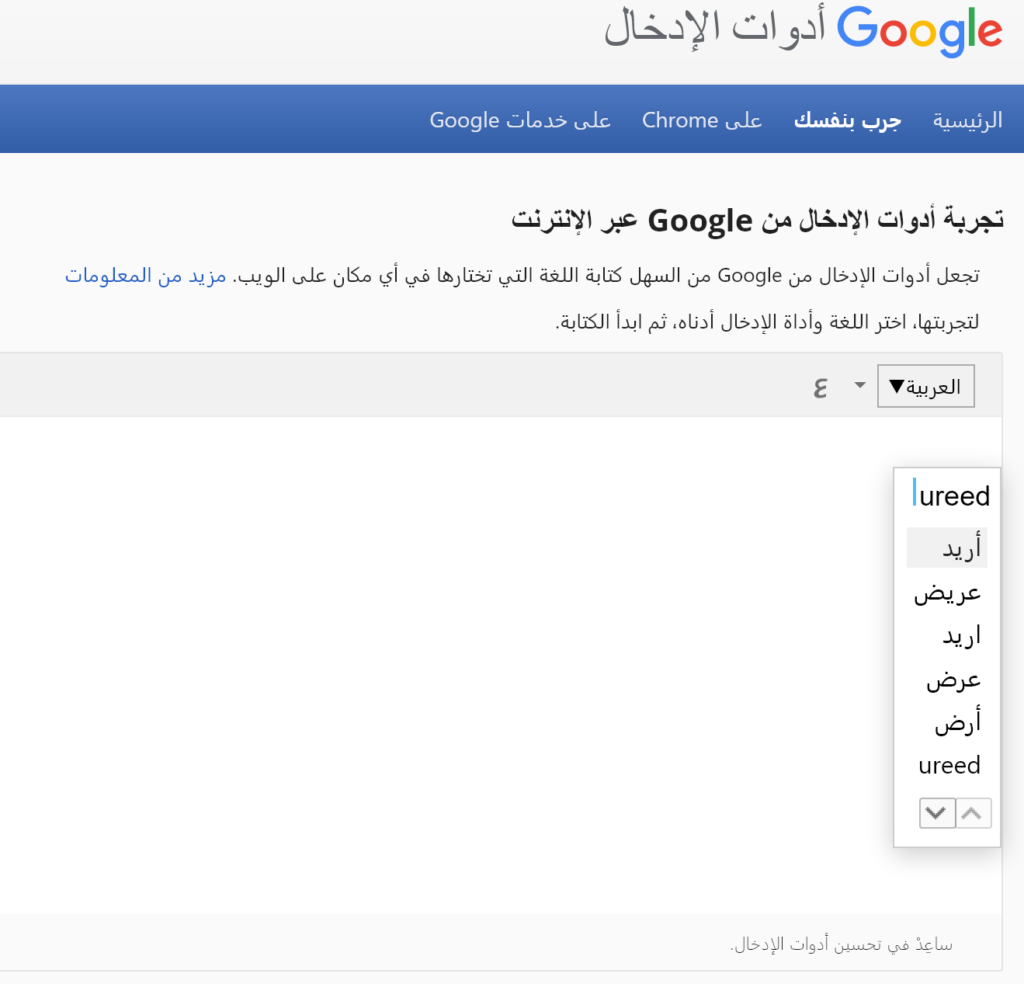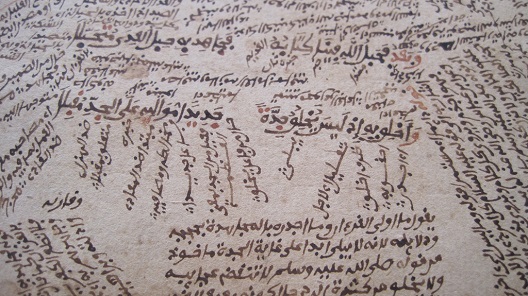Introduction
If you type “learn Arabic” on google or YouTube you will come up with dozens if not hundreds of resources to learn Arabic. There is no shortage of online courses, books, blogs, conversation videos, and other resources to help you along your learning journey. It can be overwhelming, especially if you are an absolute beginner.
In this article, we will list some resources that will help you improve your level of Arabic by various means. I have been teaching myself Fusha (Classical and MSA) Arabic, casually since 2004, and with more intent since 2015. There were phases during my learning when I would be digging into books and listening to lectures on Arabic grammar. I believe that early on in your Arabic studies, focusing on grammar is the most efficient and important method to gain grasp over the language. The learning curve with Arabic is very steep early on. One tends to gain a lot of powerful information in a very short amount of time after which one’s level of Arabic may stall. At this point, there is a need to enhance one’s Arabic vocabulary and the best way to do this is through Arabic immersion – You expose yourself to the language in multiple forms: Listening, reading, writing and speaking. The list that we are about to present relates to these aspects of learning (except speaking).
The beauty of this list is that the tools mentioned here can be useful for the very beginner as well as for the advanced learner of Arabic. Everyone can get something out of these resources, depending on their needs:
1. Google Translate
Link : https://translate.google.com/?sl=ar&tl=en&op=translate
Suggested use : Casual translation of words, General translation of media Arabic to English
Google translate is an extremely powerful and an ever improving resource. However, one must be very clear about its abilities and limitations.
In my experience google translate is good for casual look up of translations of words into Arabic. Also, its algorithm seems to be getting more and more optimized to giving “equivalent” translations of media Arabic and not necessarily “accurate” translations. Equivalent translations are good for “general” use but may not be ideal for students of Arabic who are learning the language in detail.
If you posted an excerpt from an article from BBC Arabic in google translate and translated it into English, you will most likely get an Arabic translation which takes liberties in translating the words and phrases. This is done in order to present something that is rhetorically pleasing, eloquent and fit for an English newspaper. But sometimes the original essence of the Arabic is lost in this process. If you are a beginner, then this may be hard to comprehend (at this stage). But those with advanced knowledge of Arabic would attest to this.
Among other limitations of Google translate is the inability to accurately translate specialized Arabic texts into English. By specialized, we mean something that you may find in a modern book of Islamic Law, or a lecture on science etc.
When it comes to translating Classical Arabic such as the Quran, or Classical texts on Hadith etc. google translate is not a reliable tool at all. You may be able to get useful information by translating individual words, but it is generally not fit for anything more than that.
In short, Google Translate is a powerful tool which is best used in conjunction with other more specialized resources for Arabic learning. Which brings us to the next item on this list.
2. The Living Arabic Project
Link: https://www.livingarabic.com/
Suggested Use: To get detailed and accurate meanings and information on Arabic words in Classical Arabic and dialects
In one sentence : The living Arabic Project is absolutely stunning.
It is an amazing and dynamic piece of work and its benefits for those who want to avail it are immense.
This is basically an Arabic-English dictionary – An extensive Arabic dictionary where you can search by words or by roots. The results are classified by Classical Arabic or by one of the available dialects:

You also have the ability to save the vocabulary words to lists for future reference.
There is also a mobile app for this called Lughatuna (our language) and a premium subscription.
3. The Quranic Arabic Corpus
Link: https://corpus.quran.com/
Suggested Use: Research on the meanings and occurrences of words within the Holy Quran
This Quranic corpus is a well known and useful tool to perform research on Quranic words and terminologies. Though, one should keep in mind that as far as the translations of the words go, Quranic corpus is a very limited resource. It is by no means a comprehensive dictionary. For those interested in the detailed meanings of Quranic words, there are classical Quran dictionaries (such al Mufradaat Al Quran by Raaghib Isfahani).

4. Reverso Context
Link: https://context.reverso.net/translation/arabic-english/
Suggested Use: To understand the usage of Arabic words by looking at real world examples
This is another extremely beneficial and powerful tool. Where google translate fails reverso context succeeds. You can type a word in Arabic and it will pull up dozens of real world example of where the words is used, along with their translations (in English or other languages!). You can also click on one of the many meanings of the word (see image below: permit, statement….) and the results would match that usage of the word. Yes, it is pretty amazing.

5. Google Transliteration
Link: https://www.google.com/intl/ar/inputtools/try/
Suggested Use: English to Arabic Transliteration
If you do any kind of typing in Arabic and are not proficient with an Arabic layout keyboard, transliteration is your friend. There are several online English to Arabic transliterators, but in my experience google has the best one. The thing that sets it apart from the others is the clever list of options that it brings up as you are typing in English. In the example shown below, I typed in Ureed in English and it brought up several options yo pick from.

I use these five resource almost everyday and they greatly contribute to my Arabic learning experience.
Arabic Immersion
One of the things that greatly helps with Arabic immersion is exposing yourself to Arabic audio / video, along with the text that is being spoken and it’s translation. This site and the Arabic Leap YouTube Channel are dedicated to producing short, informative Arabic videos, covering a broad range of topics, along with the Arabic subtitles and English translations.
We hope you found this post helpful.

Recent Comments